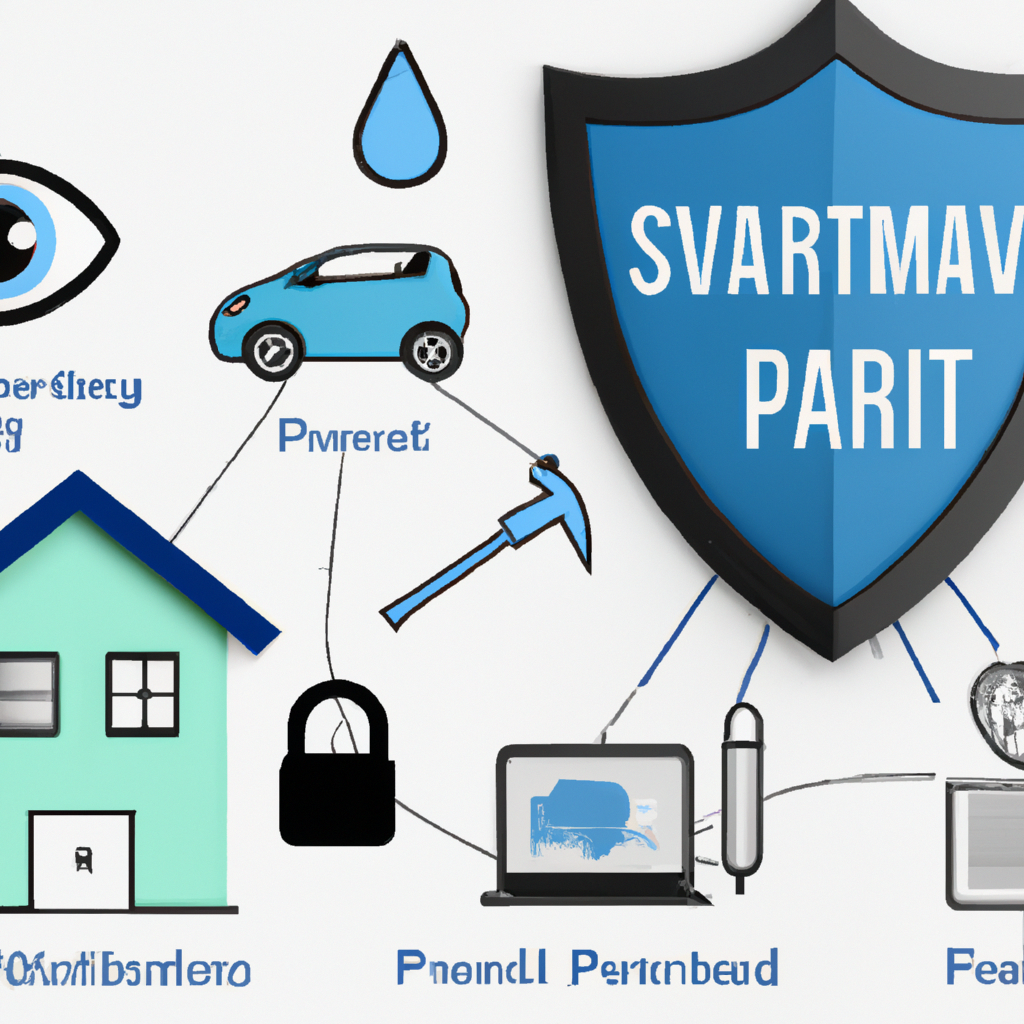Understanding the Basics of Mortgage Insurance
Buying a home is a significant financial decision and can be an overwhelming process. One critical aspect of purchasing a home is understanding mortgage insurance. Mortgage insurance is a type of insurance policy that protects the lender in case the borrower defaults on the loan. It is often required for borrowers who put down less than 20% as a down payment on their home.
Types of Mortgage Insurance
There are two main types of mortgage insurance:
- Private Mortgage Insurance (PMI): PMI is typically required for conventional loans and is provided by private insurance companies. Borrowers with a down payment of less than 20% are usually required to pay for PMI.
- Mortgage Insurance Premium (MIP): MIP is required for FHA loans and is paid both upfront and as part of the monthly mortgage payments. MIP protects the lender in case the borrower defaults on the loan.
How Mortgage Insurance Works
When a borrower puts down less than 20% as a down payment on a home, the lender is taking on more risk. Mortgage insurance helps mitigate this risk by providing a guarantee to the lender that they will be reimbursed if the borrower defaults on the loan. The cost of mortgage insurance is typically added to the borrower’s monthly mortgage payment.
How to Get Rid of Mortgage Insurance
Once you have built up enough equity in your home, you may be able to cancel your mortgage insurance. Here are some ways to get rid of mortgage insurance:
- Wait for automatic cancellation: For conventional loans, mortgage insurance will automatically be canceled once you reach a certain loan-to-value ratio, usually 78%.
- Request cancellation: You can request to cancel your mortgage insurance once you reach 20% equity in your home. Be sure to check with your lender for their specific requirements.
- Refinance: If you have built up enough equity in your home, you may be able to refinance your mortgage to remove the mortgage insurance requirement.
Benefits of Mortgage Insurance
While mortgage insurance adds to the cost of homeownership, it also offers several benefits:
- Allows you to buy a home with a low down payment.
- Protects the lender in case of default, which can make it easier to qualify for a loan.
- May be tax-deductible, depending on your income and tax situation. Be sure to consult with a tax advisor for more information.
Overall, understanding the basics of mortgage insurance is essential for anyone looking to purchase a home. By knowing how mortgage insurance works and how to get rid of it, you can make more informed decisions throughout the home buying process.
